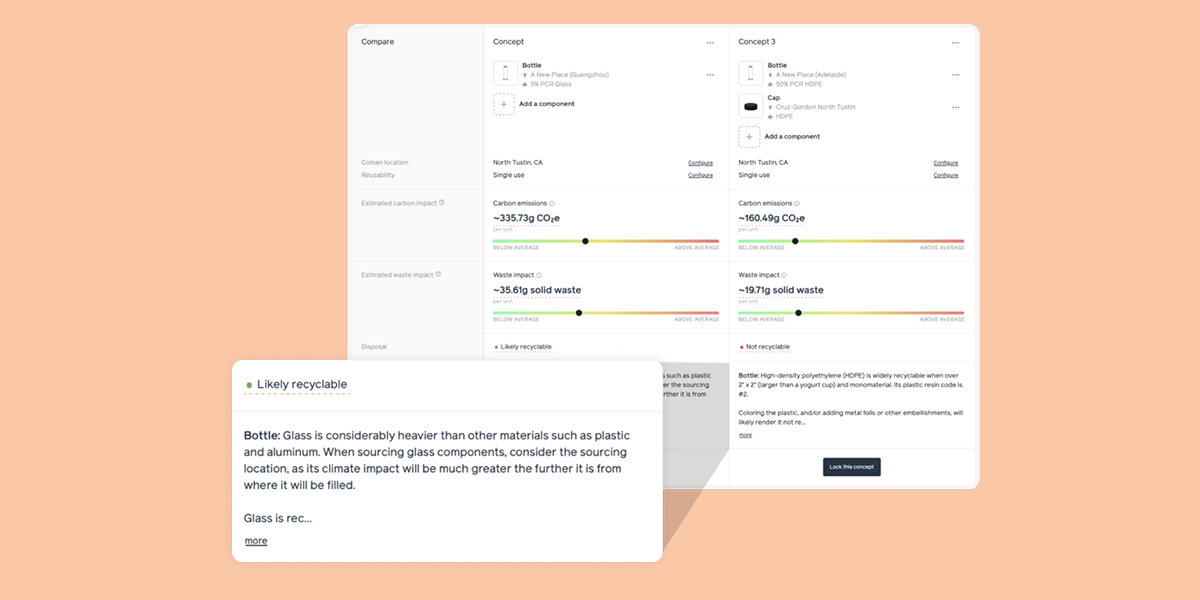Extended Producer Responsibility (EPR) for packaging is a policy approach that holds producers accountable for the entire lifecycle of their products, especially the end-of-life stage. In the United States, EPR aims to shift the financial and managerial responsibility of waste management from municipalities to the producers themselves. This encourages companies to design more sustainable packaging, reduce waste, and improve recycling rates.
For sustainability managers, compliance managers, and brand managers at small to medium-sized Consumer Product Goods companies, understanding EPR is crucial. It not only helps in meeting regulatory requirements but also aligns with broader sustainability goals. By adopting EPR principles, companies can enhance their brand reputation, reduce environmental impact, and potentially lower costs through more efficient resource use.
Eco-Modulation Decoded in Simple Terms
Eco-Modulation is a nuanced concept within the framework of Extended Producer Responsibility (EPR) for packaging in the United States. Essentially, it refers to the practice of adjusting the fees that producers pay based on the environmental impact of their packaging materials. This incentivizes companies to design more sustainable packaging by rewarding those who use eco-friendly materials and penalizing those who do not.
Getting Started: EPR Compliance Resources for SMEs
The EPR compliance hub from rePurpose Global can automate in 1-click what would otherwise take you over 3 months of manual effort. It quickly compiles CAA reports, estimates fees and tax liabilities, and keeps you updated with emerging regulations, including Labeling laws, PCR mandates, and 90+ Packaging Regulations in North America. With Oregon's reporting deadline on March 31st, immediate action is crucial to avoid financial penalties.
Reach out to us for a stress-free, reliable solution.


.png)
.avif)

.png)






